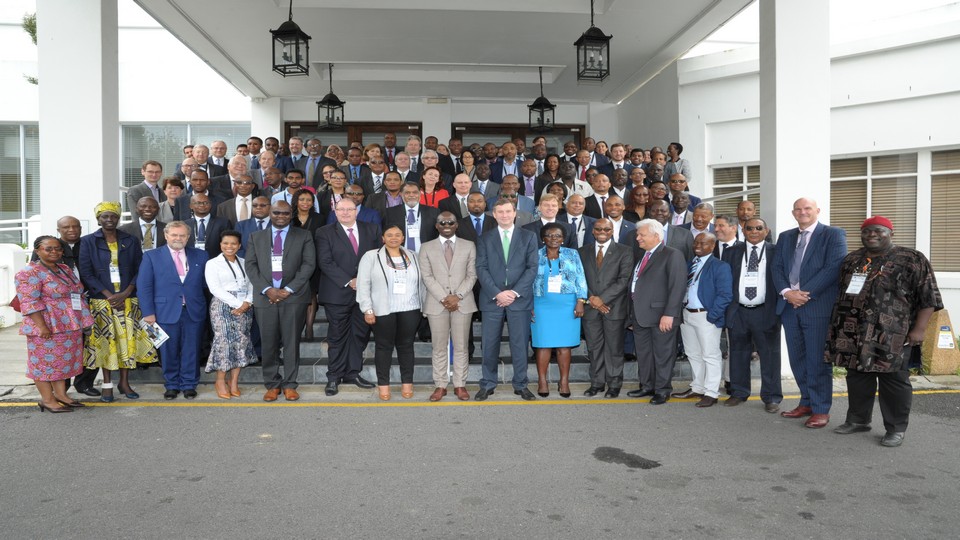1109 results found
Featured results



More results
To improve the infrastructure project development process, the MIWM has developed an investment program called MIRT (Multi-Year Programme for Infrastructure, Spatial Planning and Transport).

An industry event about the need to attract private capital and develop infrastructure as a standalone asset class is nothing new. However, the G20 Infrastructure Financing Seminar that took place in London last week was unique in that it had the most wide-ranging and intense interactions between governments and the private sector that I have seen to-date.
Over the past few decades, there has been substantial change in living standards globally. Keeping pace with profound economic and demographic changes will require a significant increase in infrastructure investment.
While 2017 was an eventful year for the Global Infrastructure Hub (GI Hub), 2018 is shaping up to be even busier.
Chinese international contractors attach great importance to corporate social responsibility (CSR), and in recent years have comprehensively promoted social responsibility-concerned ideas and practices.

The investment life cycle and High Value High Risk (HVHR) Framework (life cycle guidelines) apply to all government departments in the state of Victoria and support the development of business cases for capital investments.

The purpose of this manual is to contribute to improvements in the quality of infrastructure regulation.



A major factor hindering infrastructure implementation and delivery is the absence of good governance, according to the 130 delegates from 27 countries who came together for the first Regional Roundtable on Infrastructure Governance in Cape Town in November.
The European Investment Project Portal (EIPP) and the Global Infrastructure Hub (GI Hub) announce their cooperation to exchange projects for publication on their websites.
The document contains the key anti-money laundering and combatting financing of terrorism ( AML-CFT ) principles applicable to EIB Group activities and is in line with the principles of relevant EU legislation as amended and more.

The OECD DAC Blended Finance Principles for Unlocking Commercial Finance for the SDGs aims to ensure that blended finance is deployed in the most effective way to address the financing needs for sustainable development.

This brief analyzes the benefits and challenges of using portable screening devices to regulate medicine quality in low-income countries.

This publication examines the effective regulation and governance practices of the pharmaceutical sector in the Greater Mekong Subregion.

The paper discusses project preparation and procurement approaches adopted in Latin America and the Caribbean and how sustainability is incorporated into these.

This Guidance Note supports promoters, practitioners and other interested stakeholders in interpreting and implementing Standard 3 on Biodiversity and Ecosystems, as part of the EIB Environmental and Social Standards.

Multilateral Development Banks led by the International Finance Corporation - published a new joint platform, Global Toolbox, in January 2018.


Between September and October 2018, we gathered the views of 118 power and utility company executives from over 100 companies and 56 different countries or territories in Europe, the Americas, Asia Pacific, Middle East and Africa.


This report examines the social and gender footprint of large-scale electricity generation, transmission, and distribution projects.





 Download the event summary
Download the event summary





